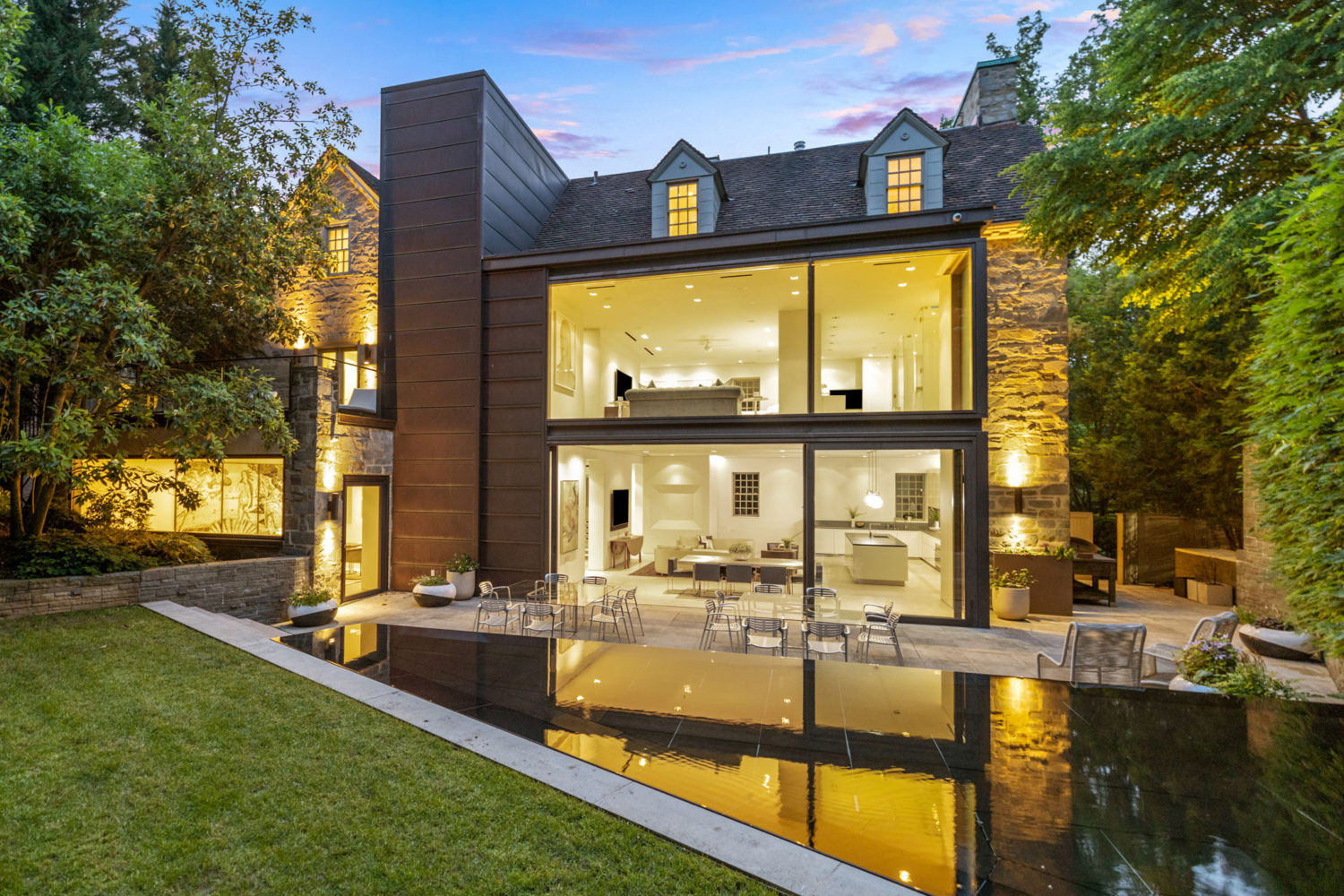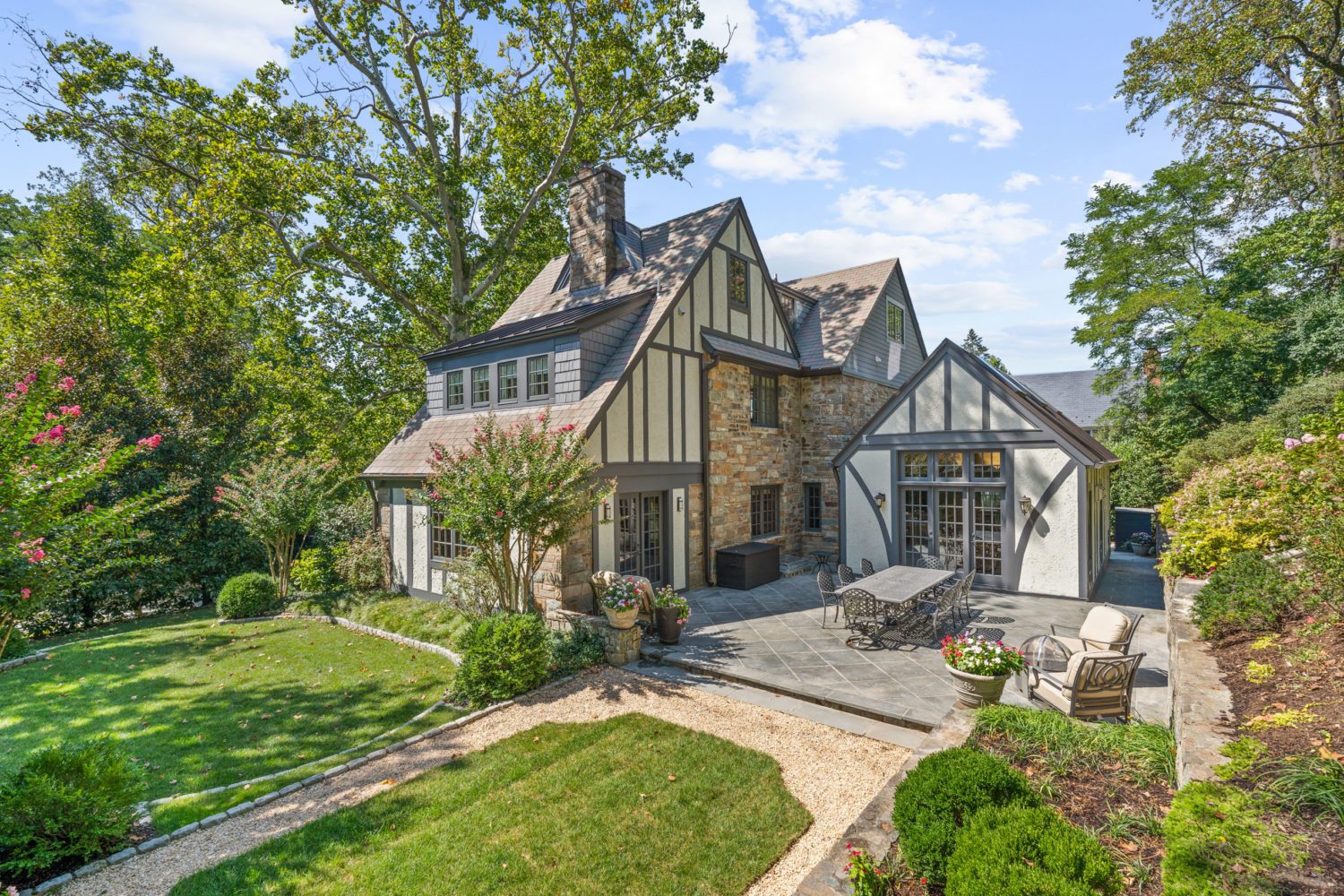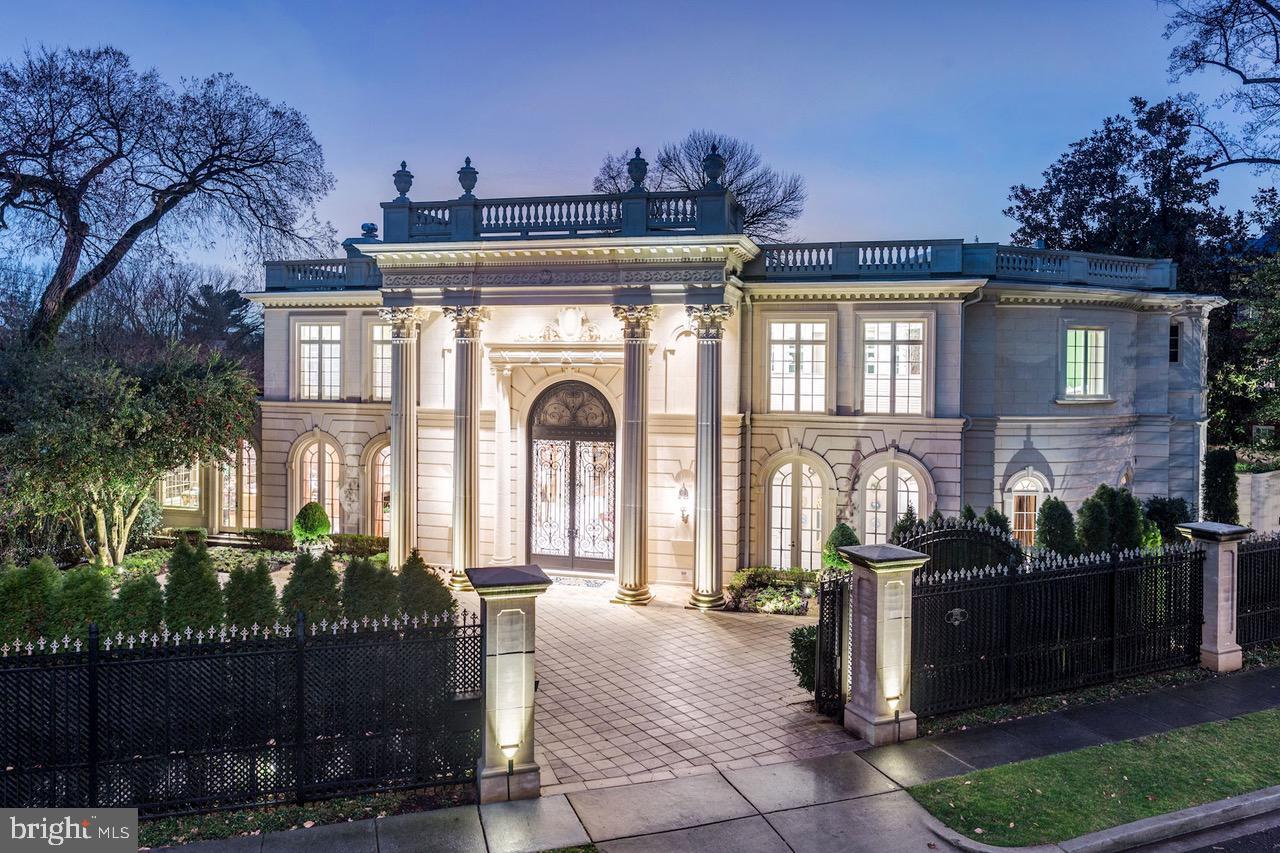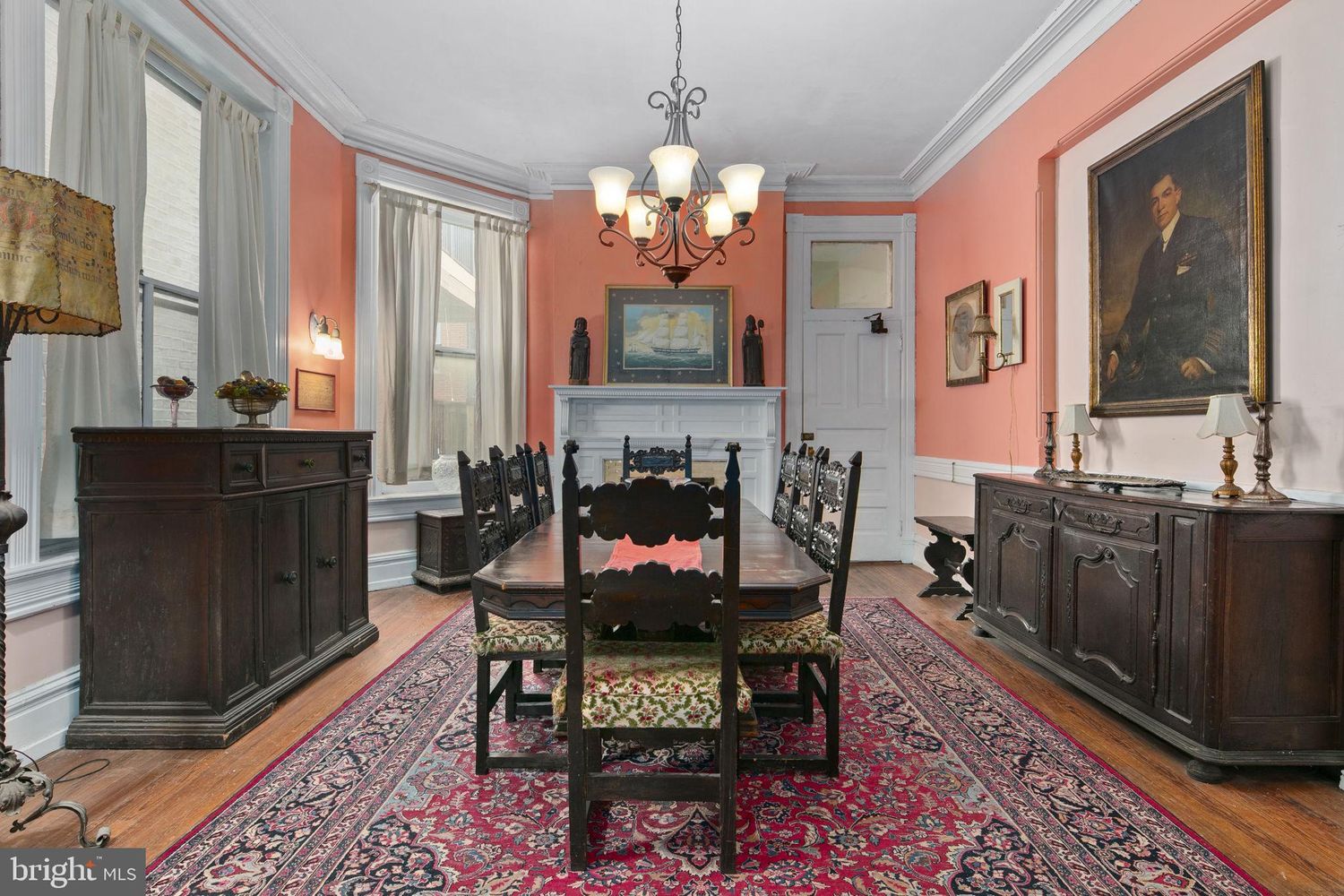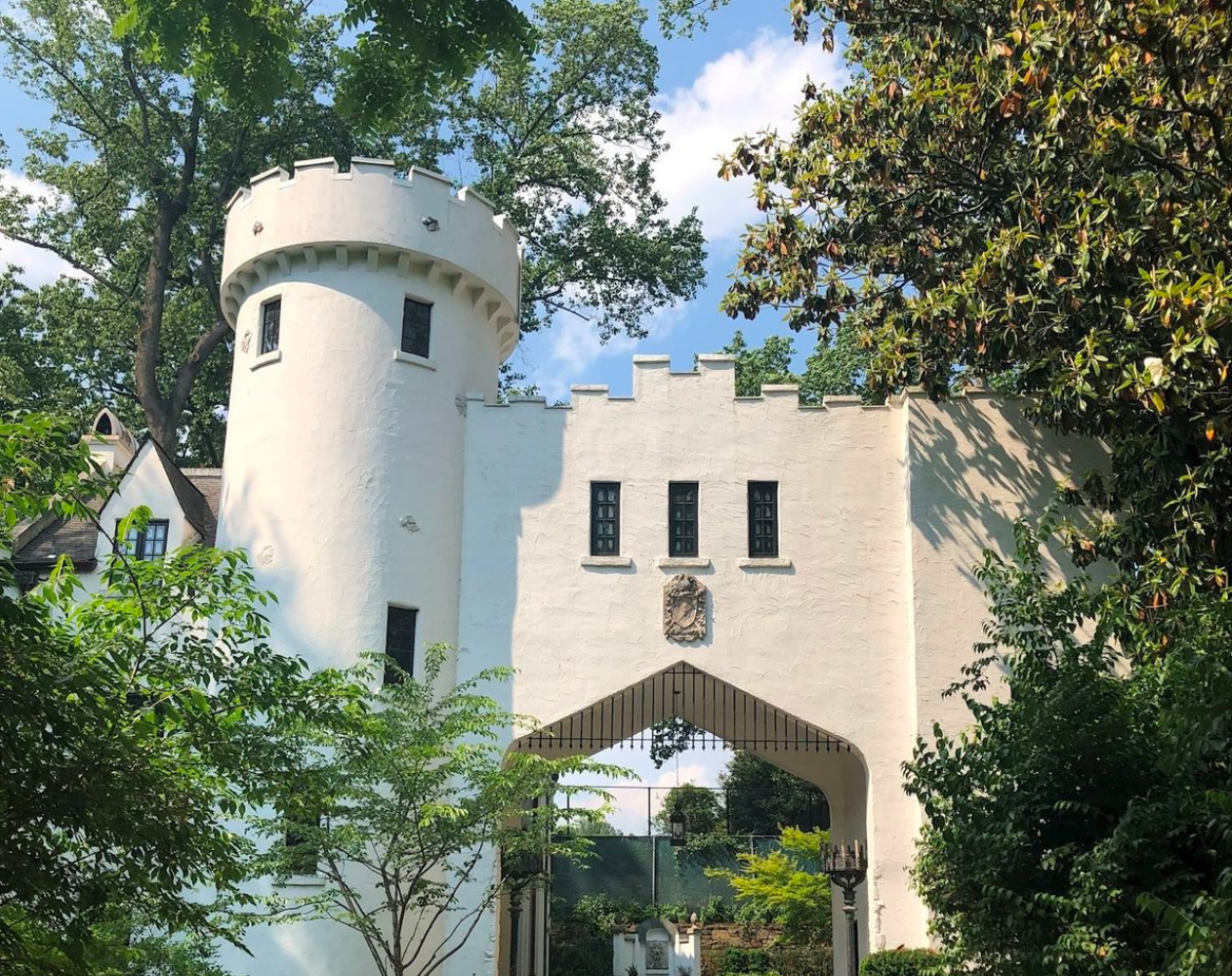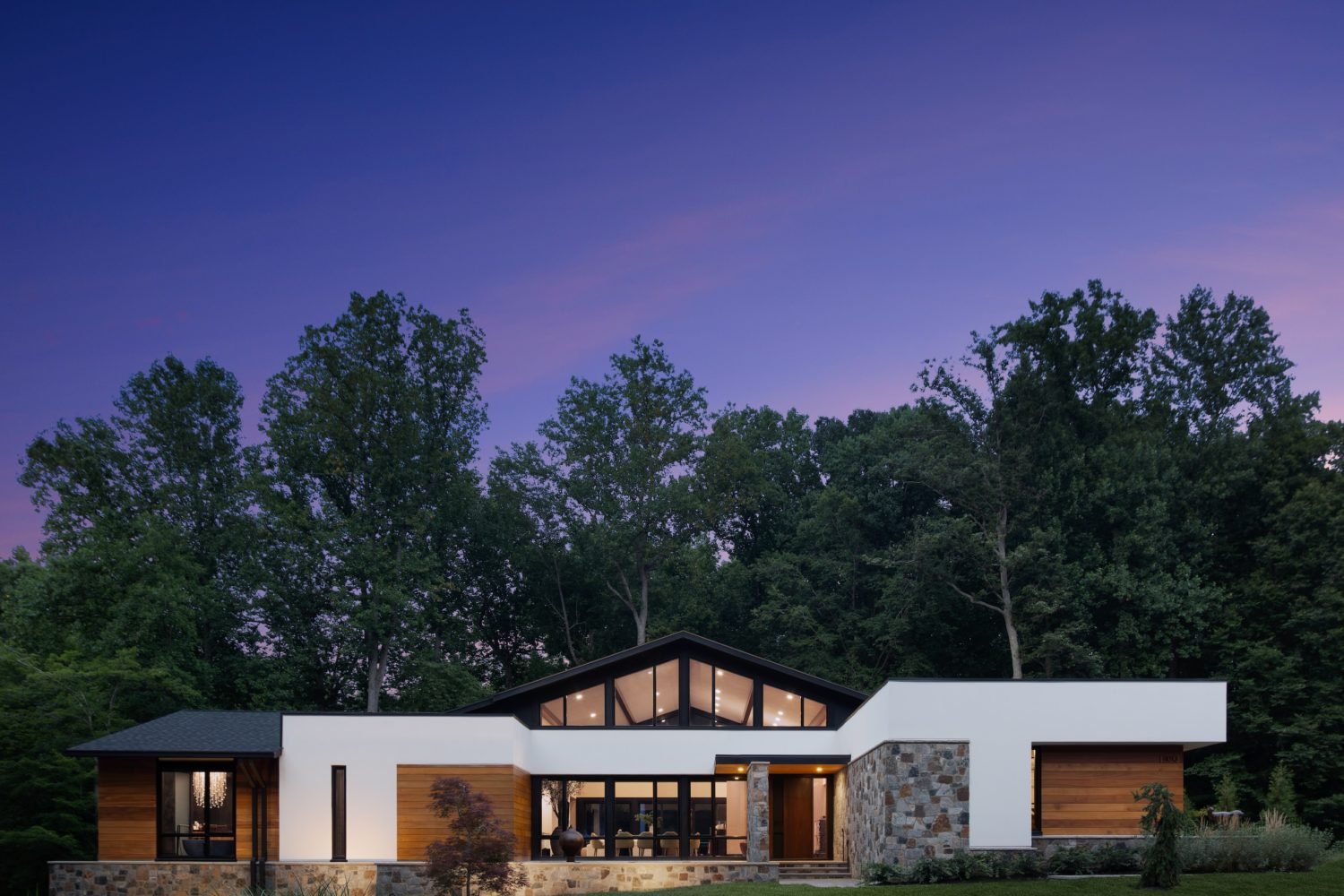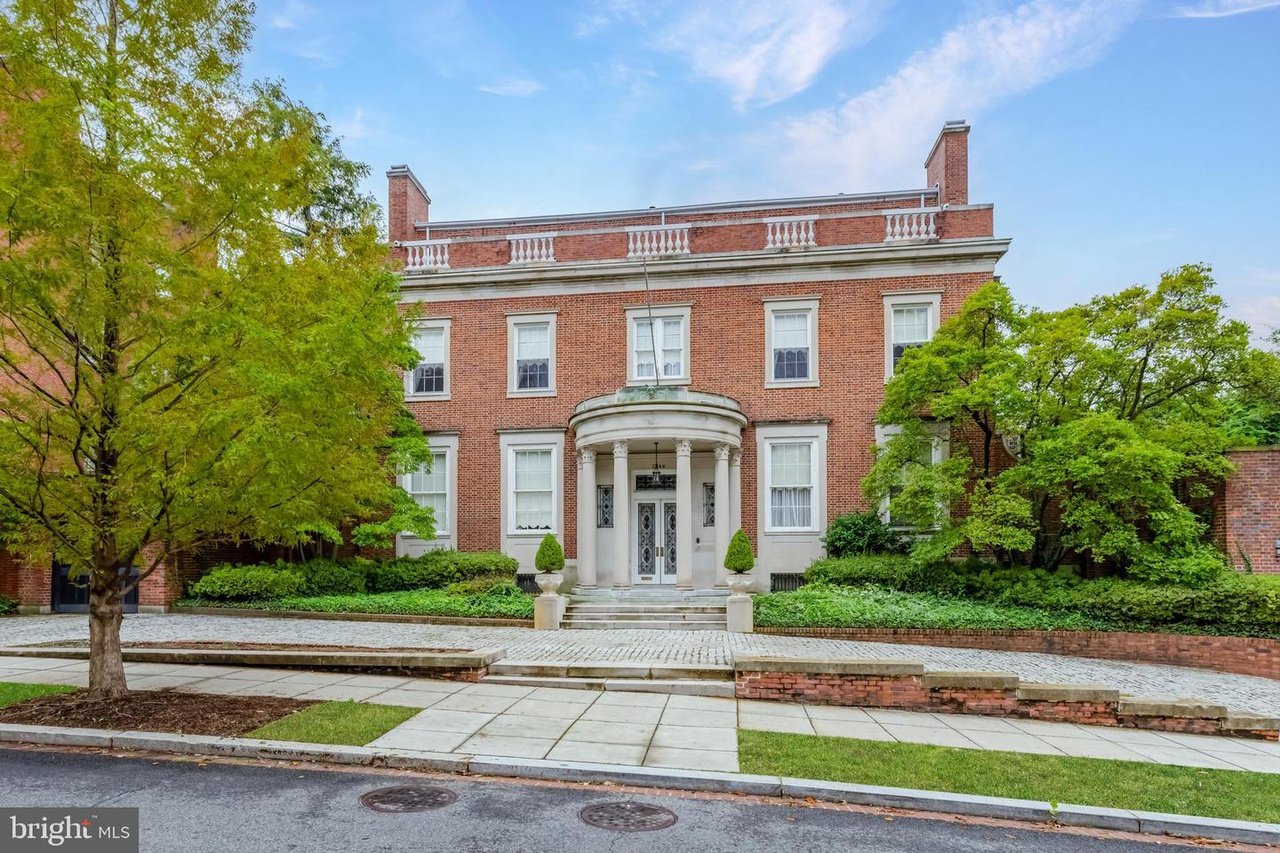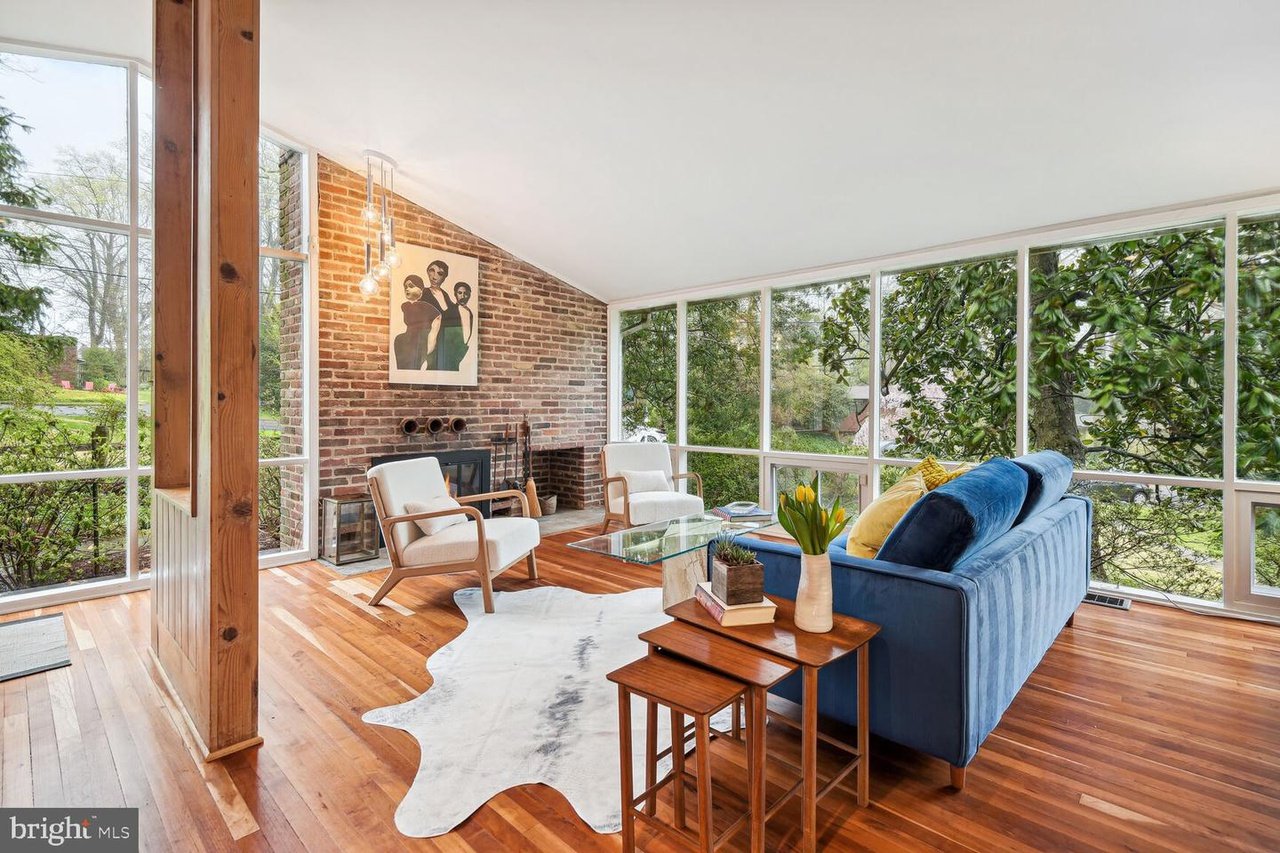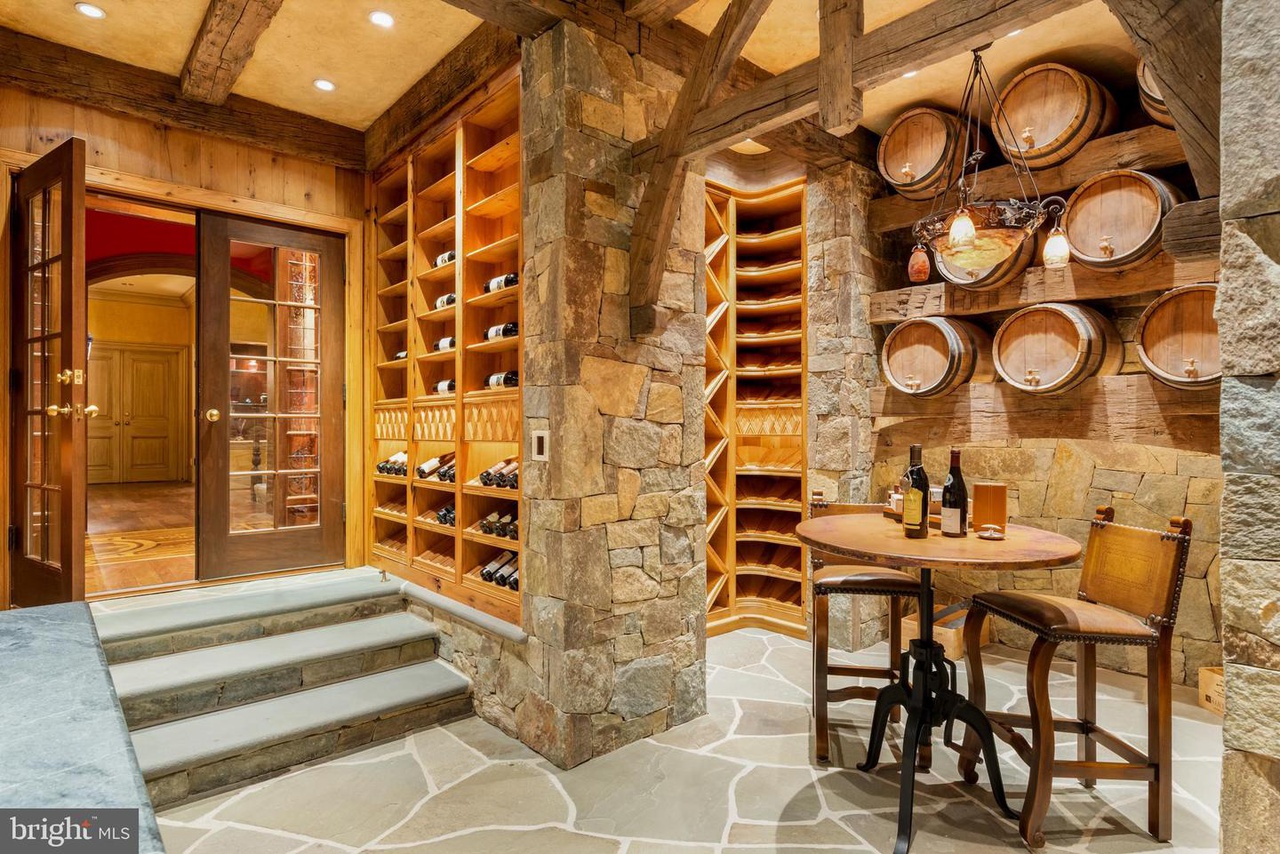About Coronavirus 2020
Washingtonian is keeping you up to date on the coronavirus around DC.
Yet another example of the disparate impact of Covid-19 on opposing ends of the socioeconomic spectrum: From the Delaware beaches, to Virginia horse country, to Annapolis and the Eastern Shore, the DC region’s second-home markets are having an insane summer as wealthy Washingtonians seek an escape from their city quarantines.
Real estate agents in these places say they’ve never worked harder or sold more in such a short period of time. “I’ve been selling here for over 30 years, and I’ve never seen anything like this,” says Leslie Kopp, an agent in Bethany Beach and Fenwick Island—where sales volume from May to July was up 79 percent compared to the same period last summer.
The swarm of buyers want more space and better views, of course. But with no end in sight to working (and schooling) from home, the item at the top of nearly every wishlist sounds surprisingly mundane: reliable internet. Maybe most stunning of all, agents report that some clients never expect to return to downtown offices, even after the coronavirus crisis subsides, and so they aren’t merely looking for vacation spots. Some intend to make a go of it in these less congested, more naturally beautiful environs full-time.
“The majority of the new buyers coming to this market are leaving cities,” says Cindy Polk, who specializes in Virginia country houses in places such as Fauquier county—where prices are up 14 percent compared to last year. “We’ve had people looking from Chevy Chase and Georgetown and Arlington,” she says.
Lisa Shultz, an agent on Virginia’s Northern Neck, just helped a DC mom relocate permanently to the area, after the woman’s employer told her she could work remotely indefinitely. “She’s going to enroll her child into private school here,” says Shultz. “The class sizes will be smaller.”
Shane Hall, an agent in Annapolis and on Maryland’s Eastern Shore, says he’s recently worked with clients from Capitol Hill and Logan Circle searching for primary residences in his neck of the woods. “I don’t know how long this wave is going to last, but it’s been pretty crazy to see unfold,” he says.
Before you predict some kind of mass exodus from urban centers, though, not so fast. The real estate market in DC proper has had an exceptional summer in its own right, with the median price of District rowhouses surpassing $800,000 for the first time ever. People with the means to make a move during a global health and economic crisis, it seems, have come to reevaluate what they want out of a home during lockdown—whether that’s trading an Adams Morgan loft for a Capitol Hill rowhouse, or a Chevy Chase Colonial for 10 acres in horse country. Also significant: Interest rates are at record lows, and stay-at-home orders nearly decimated the typically busy spring buying season, leading to pent-up demand. Both of those factors are undoubtedly contributing to the current frenzy.
Still, for places accustomed to a slower way of life, the surge in interest has been something of a shock to the system. Aggressive tactics that are commonplace in the DC area—escalation clauses, bidding wars, all-cash offers—have this summer become the norm in usually sleepier vacation markets.
“I had a seller in St. Michaels get offered $450,000 over the value of her home because it’s waterfront and has a pool,” says agent Jennifer Chino. “It hasn’t even hit the market yet.” Earlier in the pandemic, Chino says a different seller-client agreed to take their house off the market, because someone offered $1,300 a night to rent it from May through at least the end of August. “It was just too good to [pass up],” says Chino. In Talbot County, where St. Michaels is located, the median sales price in July was up 28 percent compared to last summer.
Meghan Clarkson works a bit further south, mostly on Chincoteague Island and elsewhere along Virginia’s Eastern Shore. For the first time in her 16-year real estate career, she says she’s regularly dealing with multiple offers and having to advise clients to use escalation clauses. She says backup offers—when buyers put bids on listings that have already gone under contract, in hopes the sale falls through—have also become typical. “This is really nothing I ever expected to experience,” says Clarkson, who anticipates closing $30 million worth of deals this summer, millions more than last year.
Business may be booming now, however, most of the agents realize the insanity could be short-lived. “We understand it’s a bit of a bubble,” says Martha Suss, an agent in Easton. “We know the economy could sputter. We’re enjoying it while it lasts.”




